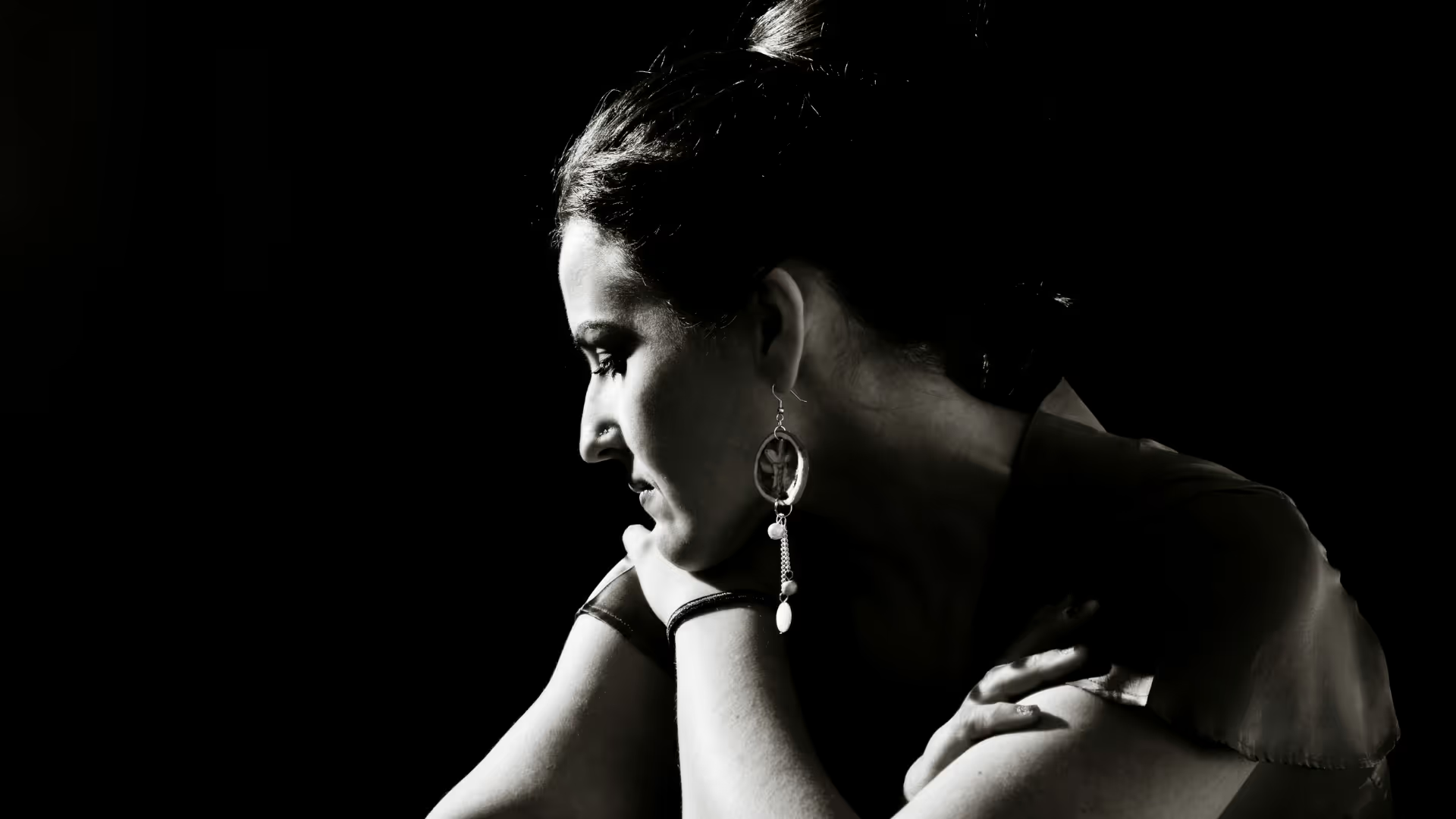
Births Outside of Hospitals in the UAE – Legal Procedures and Implications
A: The legal framework for registering births in the UAE is governed by the Federal Decree-Law No. 10 of 2022 concerning the Registration of Births and Deaths. This law sets out the procedures for registering births, whether they occur within or outside health facilities. The key aim is to ensure that all births are documented accurately and in a timely manner.
Q: What are the procedures if a birth occurs outside a health facility?A: If a birth occurs outside a health facility without medical supervision, the law mandates that the birth must be reported to the nearest health facility within 30 days. The reporting can be done by various individuals in a specific order of priority: the child's father, if present, or the mother; the person in charge of family affairs if the father is absent or deceased; adult relatives up to the fourth degree who attended the birth; or any other person who attended the birth or was appointed by one of the newborn's parents.
Q: What happens once the birth is reported to a health facility?A: The health facility is required to examine the mother and the newborn and notify the Concerned Department within 72 hours of issuing the birth report. If the health facility is notified after the 30-day period, they must prepare a medical report on the case, and the concerned person must submit a request to the Health Authority, which will then refer the case to a Committee to take appropriate action.
Q: Can you tell us more about the Birth and Death Committee?A: The law establishes a "Birth and Death Committee" within each Health Authority. This Committee is responsible for reviewing cases that fall outside the standard reporting periods or involve complications. They ensure all legal and medical standards are met before approving the registration of the birth.
Q: Are there specific requirements for the information that must be included in the birth notification?A: Yes, the birth notification must include several key pieces of information: the day of birth (both Hijri and Gregorian dates), time and place of birth, the sex of the newborn, the newborn's name (if specified), the full names of the parents, their dates of birth, nationality, religion or belief, and their identification documents. This information ensures that the birth is recorded accurately and in accordance with the law.
Q: Is there a requirement for the parents to be married for the birth to be registered?A: The law does not explicitly require the parents to be married for the birth to be registered. However, to obtain a birth certificate, certain documentation is required, such as a birth notification and identification documents. If the parents are married, a marriage certificate or an acknowledgment of parentage legalized by the relevant authorities can be submitted. If such documentation is not available, the birth can still be reported and registered, but the process may involve additional steps, including potentially obtaining a judicial order to resolve issues of parentage.
Q: What does this law mean for home births specifically?A: For home births, this law provides a clear framework to ensure that these births are also properly registered. If a birth occurs at home without medical supervision, it is crucial for the birth to be reported to the nearest health facility within 30 days. This requirement helps to ensure that all births, regardless of location, are documented and that the necessary medical examinations and legal procedures are followed. This framework helps address concerns about the legal recognition of home births and ensures that both the mother and the newborn receive appropriate medical care and legal documentation.
Q: There are many children who were born before laws decriminalized births out of wedlock and, as a result, do not have birth certificates. What can they do?A: For individuals who were born before the decriminalization of out-of-wedlock births and do not have birth certificates, they can now seek to obtain these documents through the legal framework provided by the new law. The process may involve applying to the Concerned Department, providing evidence of birth, and potentially undergoing a review by the Birth and Death Committee. It may also require a judicial order to establish parentage or resolve any legal issues related to the lack of documentation.
Q: What are the penalties for non-compliance with this law, both for historical cases and for new births?A: The law specifies several penalties for non-compliance. For not reporting a birth on the scheduled date, the penalty is a fine not exceeding 5,000 dirhams. For not reporting a death intentionally or covering it up, the penalty is a fine not exceeding 15,000 dirhams. Additionally, anyone who intentionally registers a living newborn, dead newborn, or deceased child more than once will face a fine not exceeding 15,000 dirhams and the duplicate registration will be canceled. For providing incorrect data, making unauthorized changes, or causing the destruction or loss of records, the penalties include imprisonment for at least one year and a fine ranging from 100,000 to 500,000 dirhams.
Q: Has the medical committee already been formed? And if so, under what authority will it sit?A: The formation of these Committees is mandated by the law, and they operate under the authority of the respective Health Authorities in each emirate. The specific powers and operational standards of these Committees are determined by resolutions issued by the Minister of Health and Prevention, in coordination with the Health Authorities.
Q: Could you provide some real-life examples of how these procedures are applied?A: Certainly. For example, consider a case where a birth occurs at home without medical supervision. The father reports the birth to the nearest health facility within the 30-day period. The health facility examines the mother and child, issues a birth report, and notifies the Concerned Department. The birth is then registered, and a birth certificate is issued. In another scenario, if the report is made after 30 days, the health facility would prepare a medical report, and the case would be referred to the Birth and Death Committee for further action.
Q: Are there any criticisms or challenges related to these procedures?A: Some criticisms revolve around the stringent documentation requirements, which can be challenging in cases of undocumented births or where the parents lack proper identification. Additionally, the need for judicial orders in complex cases can prolong the registration process. However, the procedures are in place to ensure accuracy and legal compliance, safeguarding the rights of all parties involved.
Q: Do you think this law might encourage more home births, and what does it mean for women who may want to give birth at home?A: This law could potentially encourage more home births by providing a clear legal framework for their registration. For women who prefer home births, this means that they can have their births recognized and documented legally, ensuring their child receives a birth certificate. The law ensures that home births are registered, provided they are reported in a timely manner and the necessary medical examinations are conducted. This can offer peace of mind to parents who choose home births, knowing that their child’s birth will be legally acknowledged and documented.
Q: In conclusion, what are the key points regarding this law and its implications for births outside hospitals in the UAE?A: To summarize:
- Legal Framework. Births in the UAE are governed by Federal Decree-Law No. 10 of 2022 concerning the Registration of Births and Deaths.
- Reporting Requirements. Births outside health facilities must be reported to the nearest health facility within 30 days.
- Committee Review. The Birth and Death Committees within each Health Authority review and approve registrations in complex cases.
- Accurate documentation is required to ensure proper registration and issuance of birth certificates.
- Marital Status. While the law does not explicitly require the parents to be married, certain documentation, such as a marriage certificate or acknowledgment of parentage, may be needed to obtain a birth certificate.
- Home Births. The law provides a clear framework for the registration of home births, ensuring proper documentation and medical care.
- Children without Birth Certificates. Individuals born before the decriminalization of out-of-wedlock births can now seek to obtain birth certificates through the new legal framework.
- Non-compliance with the law can result in fines and other penalties, including imprisonment for severe violations.
- Encouragement of Home Births. The law could encourage more home births by providing a clear registration process, ensuring legal recognition and documentation.
By understanding these key points, individuals can better navigate the legal landscape regarding births outside of hospitals in the UAE, ensuring compliance and proper documentation. If you have any further questions or need legal assistance, please do not hesitate to contact us.

.svg)





















